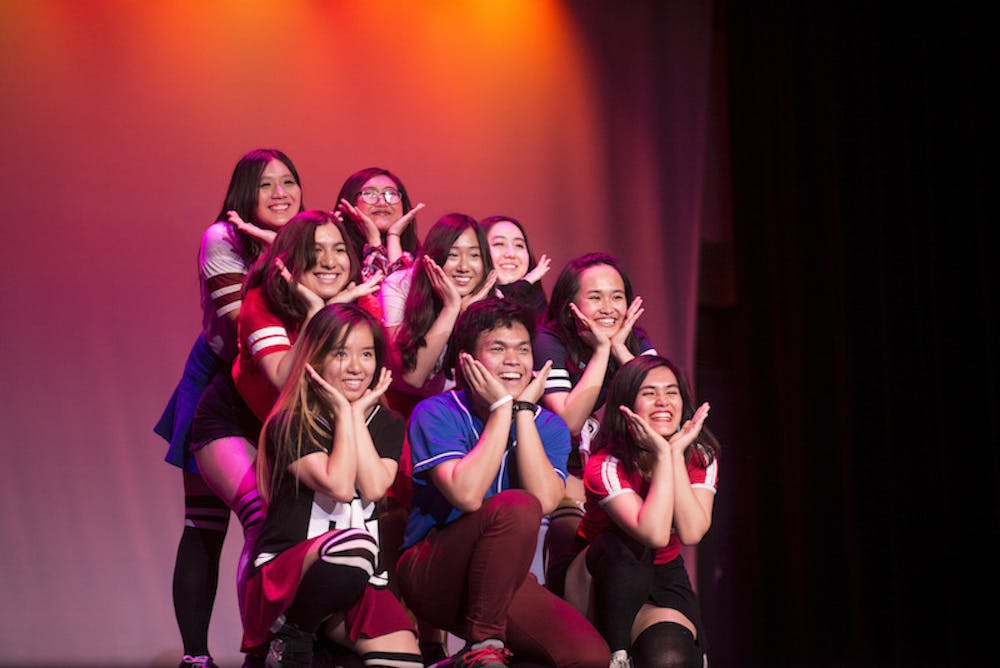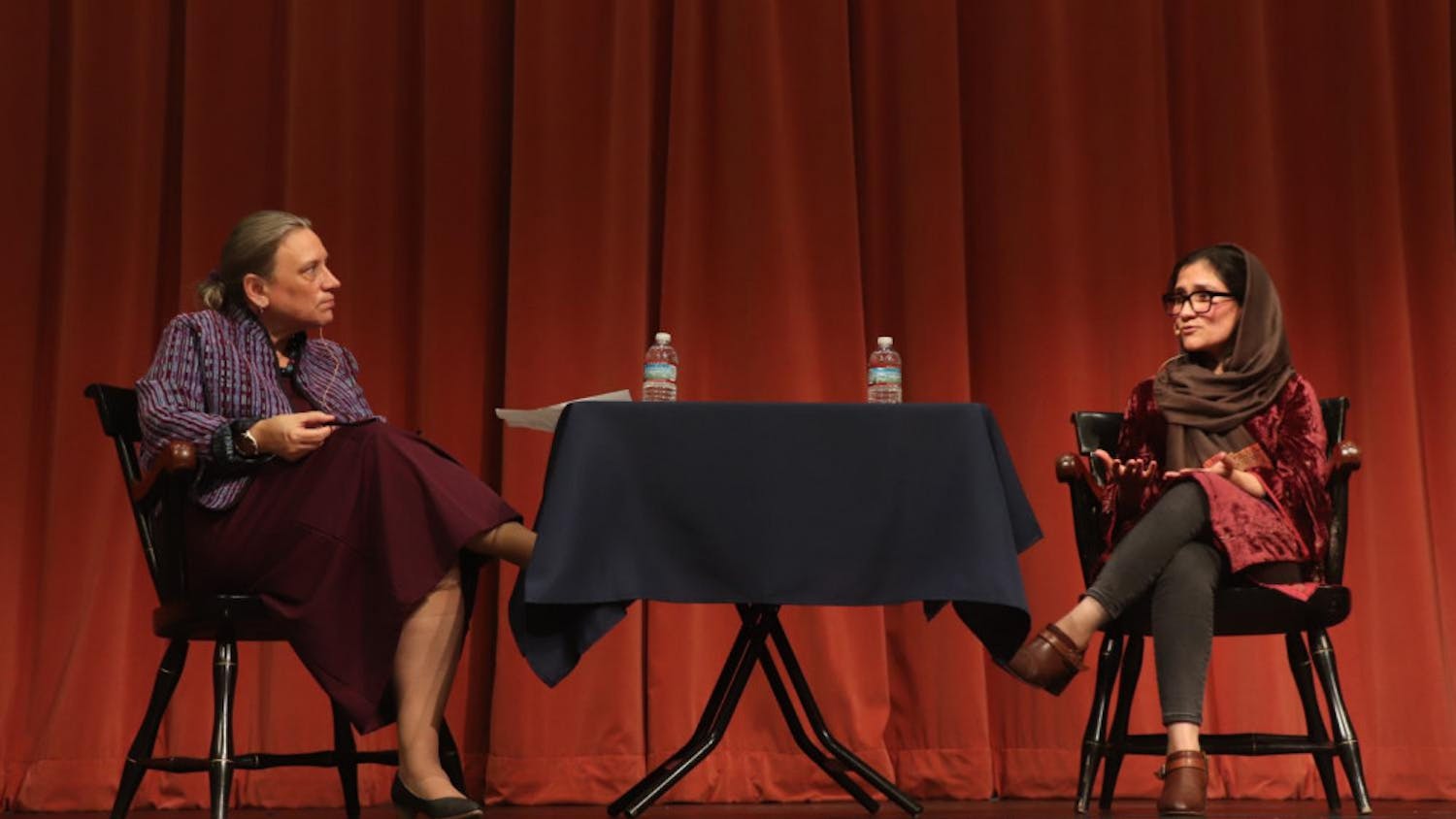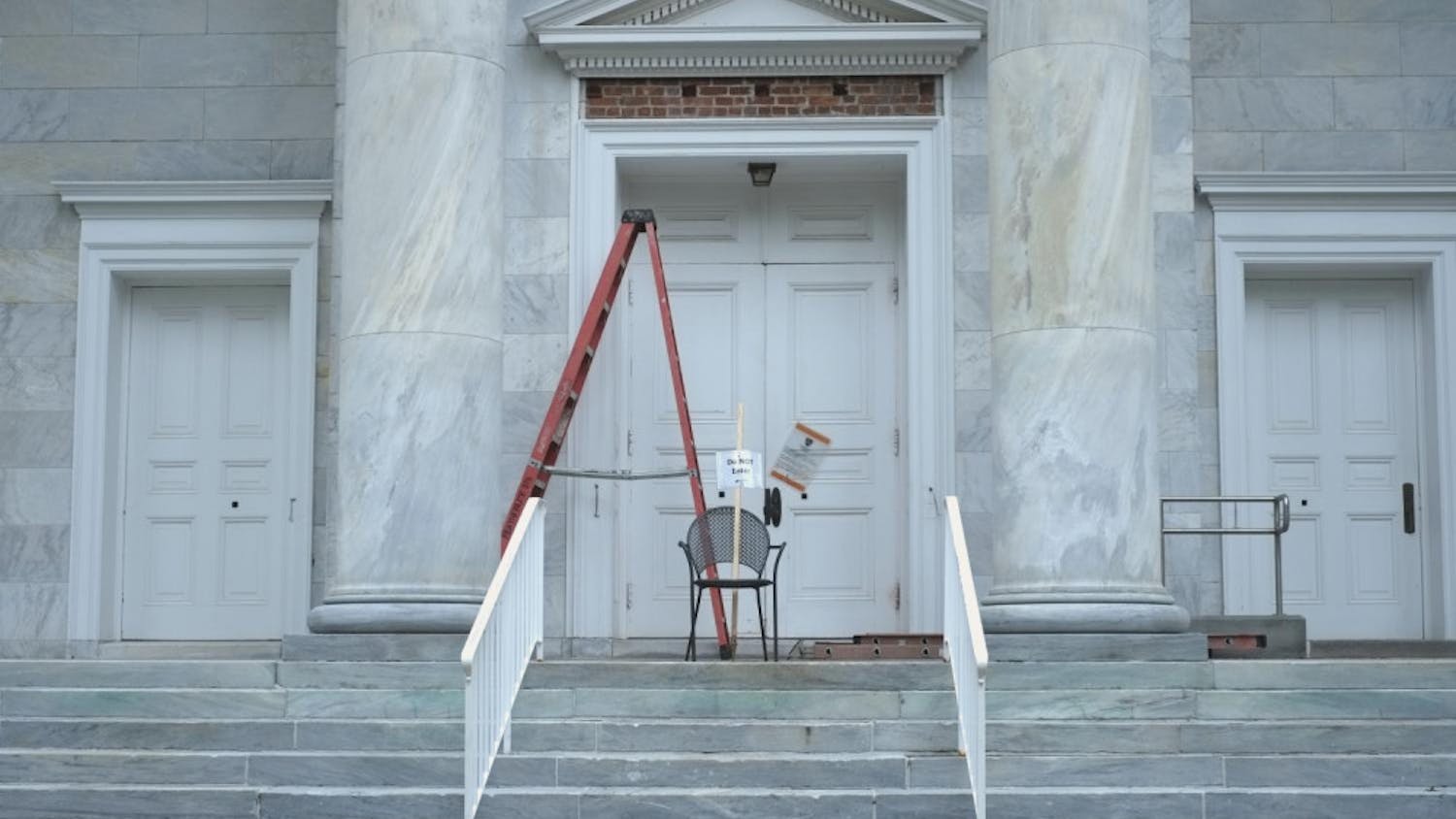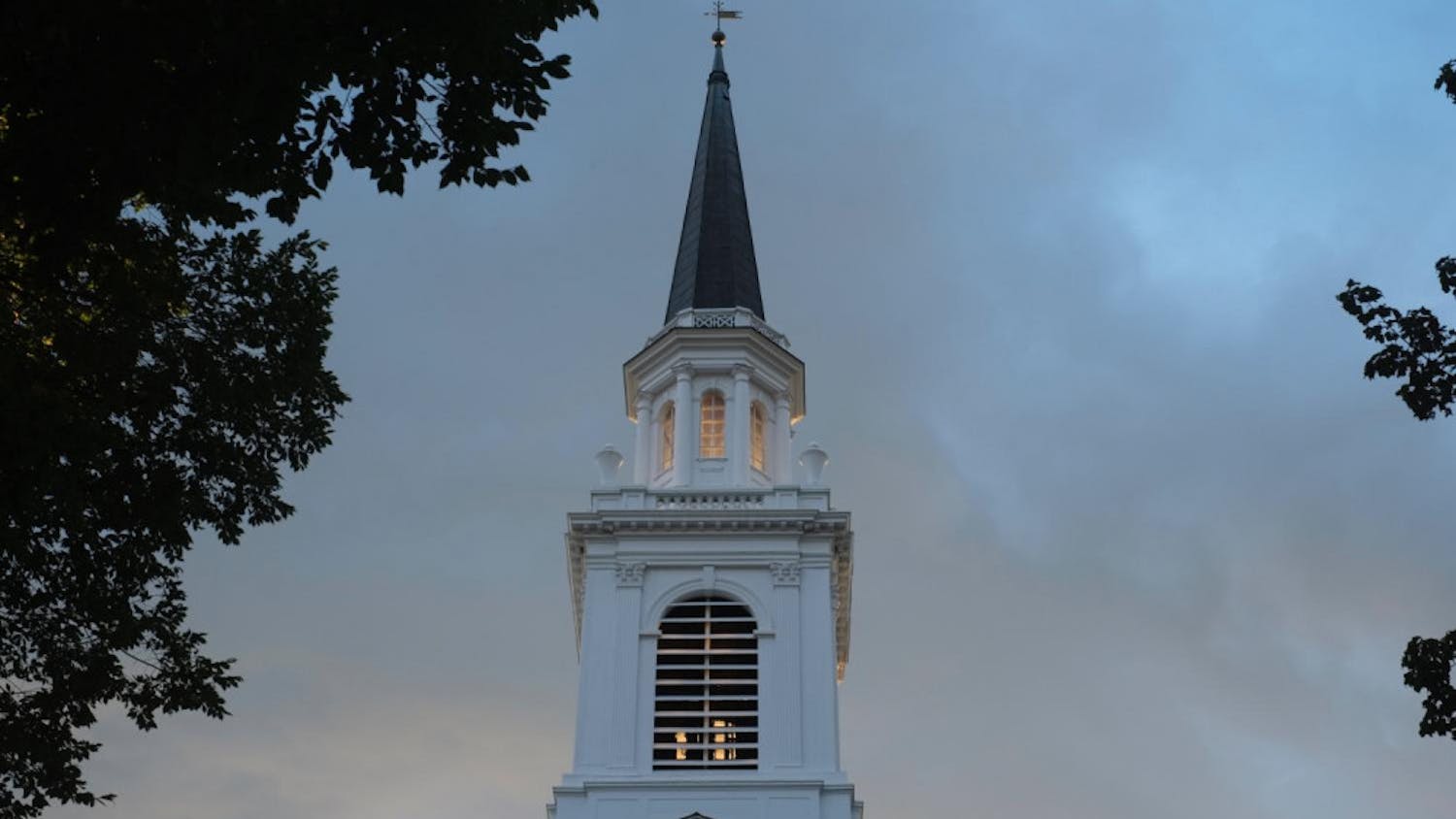At 8 p.m. on Saturday, May 5, the lights in Wilson Hall dimmed abruptly, leaving only the iridescent light of hundreds of glow sticks and a few phones waving wildly in the air above the crowd. So the much-anticipated inaugural Korean Culture Show, a night of passionate singing and dancing, opened to a full house.
Lydia Kim ’17, one of the leaders of the show, was inspired particularly by a K-pop performance in last semester’s International Students’ Organization (ISO) yearly global culture show. After seeing the popularity of the K-pop act in the ISO show, she decided she wanted to create a show that focused solely on Korean Culture.
“I was both surprised and amazed to find out that 1) not a single dancer was Korean, 2) there were so many non-Koreans who knew about K-pop and 3) such a wild crowd reaction was given to a cultural experience that I thought was so distant from Middlebury,” Kim said.
Indeed, Middlebury students appear to be extremely excited about Korean culture. As early as half an hour before the show began, a line already formed outside the doors of Wilson Social Space. Once the show started, the auditorium rang with near constant screams of approval from the audience.
The show featured more than 60 singers and dancers, 15 percent of whom are ethnically Korean, performing instrumental, K-pop and norebang (a type of Korean karaoke) songs. It was important to the show’s leaders that the show present a range of different aspects of Korean culture.
“There was traditional music, we had a bunch of norebang pieces (which don’t categorize as K-pop), the MCs dressed up in hanbok (traditional dress)," Kim said.
There was also a speech about the Sewol ferry incident, in which high school students passed away in the sinking of the Sewol ferry due to the corruption of the South Korean government. According to Kim, understanding this incident is crucial to understanding contemporary South Korean society and culture.
“We all came up with a list of songs together, choosing the most iconic dances and the most fun songs, and we tried to keep in mind the different eras of Korean pop music,” Shannia Fu ’17, another leader of the show, said.
“Honestly, we started with a list of maybe 30 songs or bands, and we tried to narrow it down to around 10, on top of the traditional instrumental music and the noraebang style singing.”
Some highlights included a dance to the newly-debuted K-pop girl group BLACKPINK’s Boombayah with Carissa Lee ’19, Nathan Nguyen ’19, Emily Han ’20 and Lia Yeh ’20; “Unconditional,” a norebang love song performed by Michelle Hwang ’19; and “Lovers,” performed instrumentally by Fu on piano, Jingchen Jiang ’18 on guzheng and Subin Cho ’19 on haegeum.
The show was wildly successful, opening to a full house, and received “a ton of positive feedback,” Kim said. But she stressed that it was not at all easy to organize.
“We literally put on the show without having had any affiliation to an official organization. None of us had much of any experience putting on a show, and we didn’t even know where to begin,” she said. “We had to persuade our sponsors to trust us. We had to put in an insane amount of time and effort to organize 20 acts and 60+ people for an event we didn’t even know was going to attract attention. We had to put our faith in something that had no precedence at this school, and just go for it.”
The leadership board also had difficulty finding support for the show because there is currently no Korean department at Middlebury. Kim hopes that will change in the near future.
“There is no undergraduate Korean department at Middlebury, there are no faculty who teach Korea-related topics, we don’t have much student organization support and we only have a nascent Korean alumni community,” she said. “This event, and the people who organized it, literally had to spring out of nowhere.”
The show received support from the Middlebury School of Korean, the Department of Chinese, the Department of Japanese, the Department of Music and the Rohatyn Center for Global Affairs.
Kim and the rest of the show’s leadership board are very invested in widening the scope of influence of Korean culture on campus. The board is among those who recently initiated Korean language tables in Proctor, and they are hoping the college will start offering Korean classes. Fu hopes that the show has helped those efforts to bring more Korean influence onto campus.
“We want the Middlebury community to be aware of this culture that might not be as prevalent around campus,” Fu said. “A small but loud group has also been trying to get a Korean department installed here at Middlebury, so by having so many people show up and display interest in any kind of Korean culture, we wanted to show the administration that there is a genuine desire for a Korean language program.”
Though most of the leadership board for this year’s show will have graduated or will be abroad next year, Kim and Fu are confident the show will continue in the future, and perhaps become an annual event. Given the great success the show has enjoyed this year, it seems likely that interest for Korean culture will only continue to increase on campus.
Correction: an earlier version of this article mistakenly referred to the Sewol ferry incident as a Korean drama reference.




